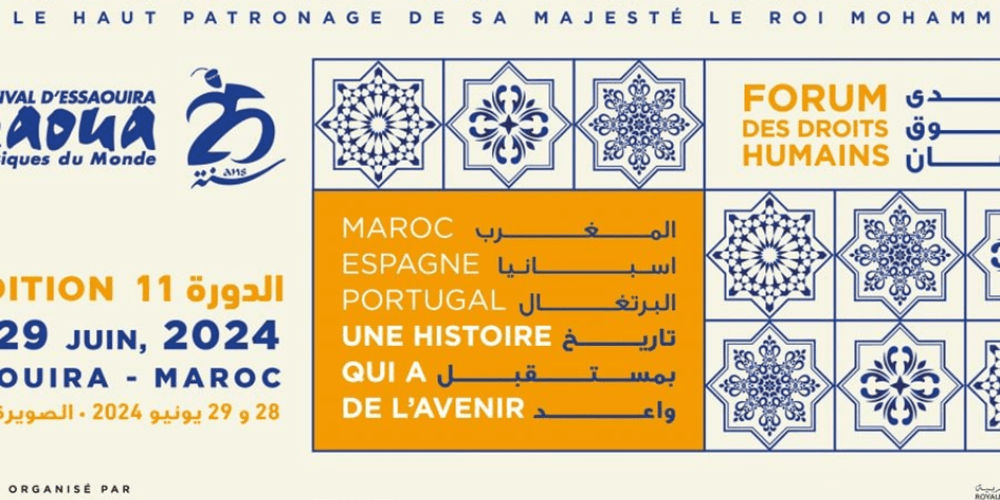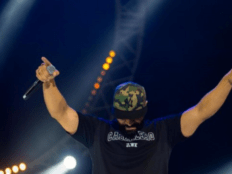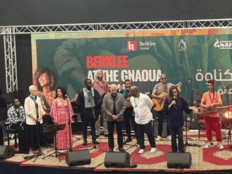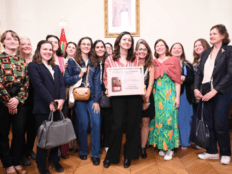On the occasion of the 11th edition, the Human Rights Forum of the Gnaoua and World Music Festival will be held under the theme “Morocco, Spain, Portugal: A History with a Future” on Friday, June 28, and Saturday, June 29, 2024, at the Atlas Essaouira Riad Resort.
Organized in collaboration with the Council of the Moroccan Community Abroad (CCME), the Forum, as every year, invites personalities from different backgrounds to freely debate within the framework of three thematic panels and an introductory speech by the former President of the Spanish Government, José Luis Rodriguez Zapatero.
In 2030, in less than six years, Morocco, Spain, and Portugal will jointly host the World Cup. This unprecedented joint bid testifies to the exceptional relationships that have connected the three countries for over a thousand years, with human, economic, and cultural exchanges that are varied but virtually uninterrupted. However, this shared history has also seen its share of frictions and even conflicts of all kinds.
The strengthening of economic and political relations between Morocco, Spain, and Portugal, and the joint organization of the 2030 World Cup, represent real progress and clear opportunities for dialogue and cooperation.
But the challenges facing the three countries have also changed, requiring greater creativity, understanding, and mutual respect.
In this context, several issues will be put up for debate in three thematic panels, each composed of intellectuals, political, economic, and community participants from the three countries.
“The Forum has always been attentive to the debates and issues that shape our societies. The organization of this World Cup is an important moment in our contemporary history. The choice of the theme for this 11th edition is our way of supporting it through the insights and contributions of prominent personalities,” explains Neila Tazi, producer of the Essaouira Gnaoua and World Music Festival.
“Given the new challenges facing the three countries, we will examine the roles of civil society, intellectuals, artists, and athletes in building healthy, sustainable relationships. It is also important to explore the evolution of mobility in this part of the world. We need to know how, in each diaspora, topics such as exile, community, and homeland, for example, are discussed,” says Driss El Yazami, president of the Council of the Moroccan Community Abroad (CCME).
Hespress English






Add comment